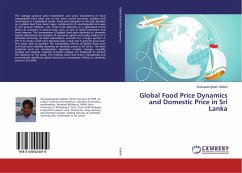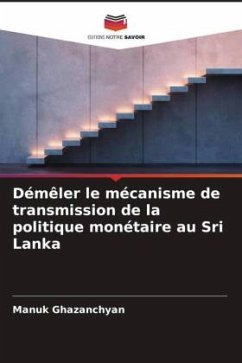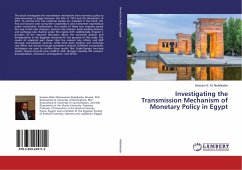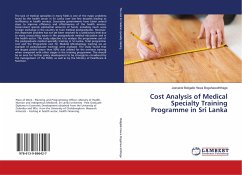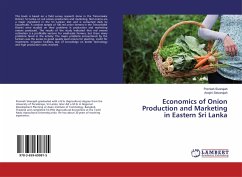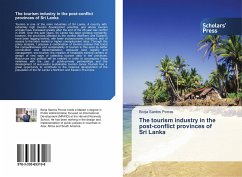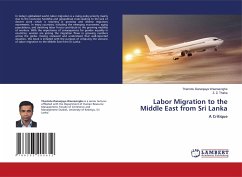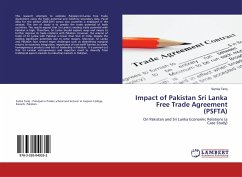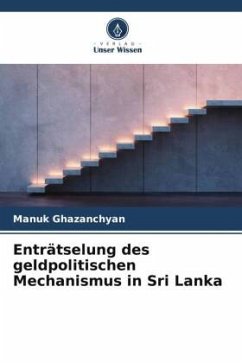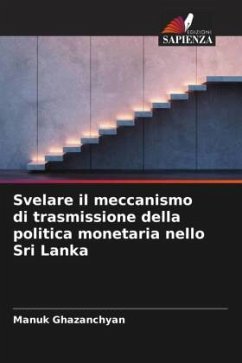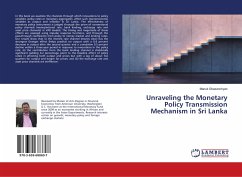
Unraveling the Monetary Policy Transmission Mechanism in Sri Lanka
Versandkostenfrei!
Versandfertig in 6-10 Tagen
27,99 €
inkl. MwSt.

PAYBACK Punkte
14 °P sammeln!
In this book we examine the channels through which innovations to policy variables -policy rates or monetary aggregates- affect such macroeconomic variables as output and inflation in Sri Lanka. The effectiveness of monetary policy instruments is judged through the prism of conventional policy channels (money/interest rate, bank lending, exchange rate and asset price channels) in VAR models. The timing and magnitude of these effects are assessed using impulse response functions, and through the pass-through coefficients from policy to money market and lending rates. Our results show that (i) t...
In this book we examine the channels through which innovations to policy variables -policy rates or monetary aggregates- affect such macroeconomic variables as output and inflation in Sri Lanka. The effectiveness of monetary policy instruments is judged through the prism of conventional policy channels (money/interest rate, bank lending, exchange rate and asset price channels) in VAR models. The timing and magnitude of these effects are assessed using impulse response functions, and through the pass-through coefficients from policy to money market and lending rates. Our results show that (i) the interest rate channel (money view) has the strongest Granger effect (helps predict) on output with a 0.6 percent decrease in output after the second quarter and a cumulative 0.5 percent decline within a three-year period in response to innovations in the policy rate; (ii) the contribution from the bank lending channel is statistically significant (adding 0.2 percentage point to the baseline effect of policy rates) in affecting both output and prices but with a lag of about five quarters for output and longer for prices; and (iii) the exchange rate and asset price channels are ineffective.



